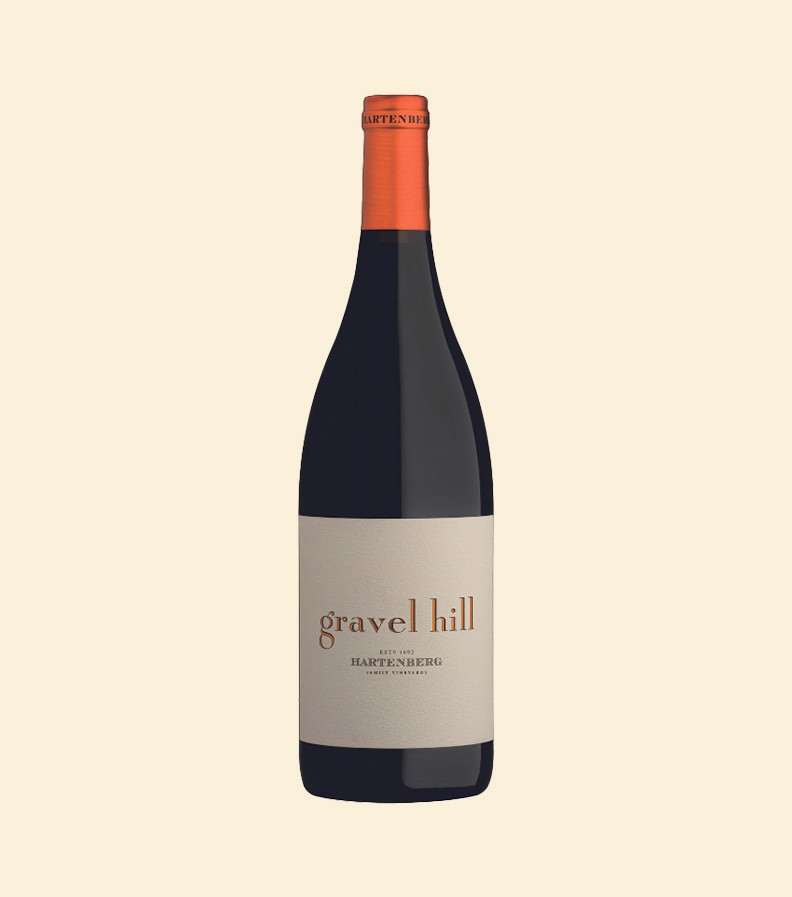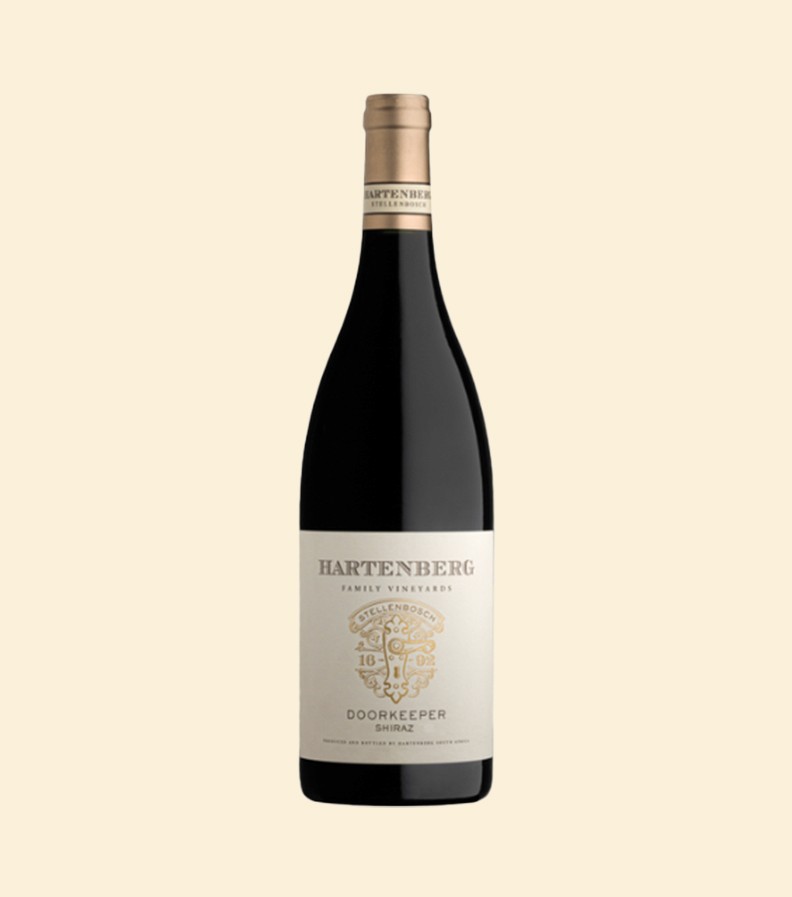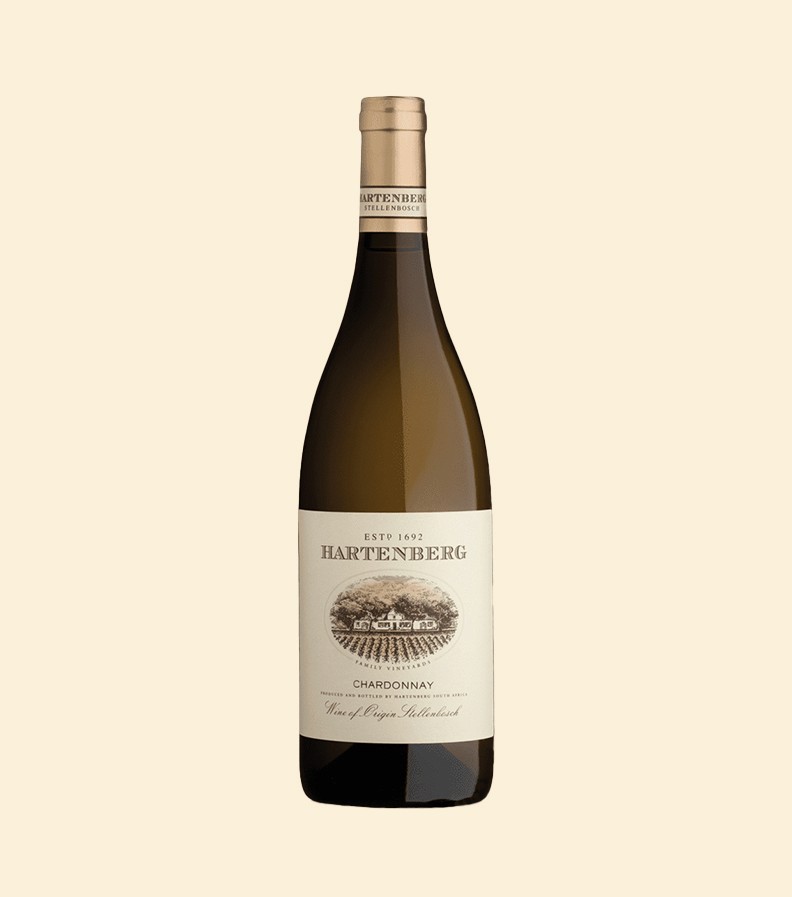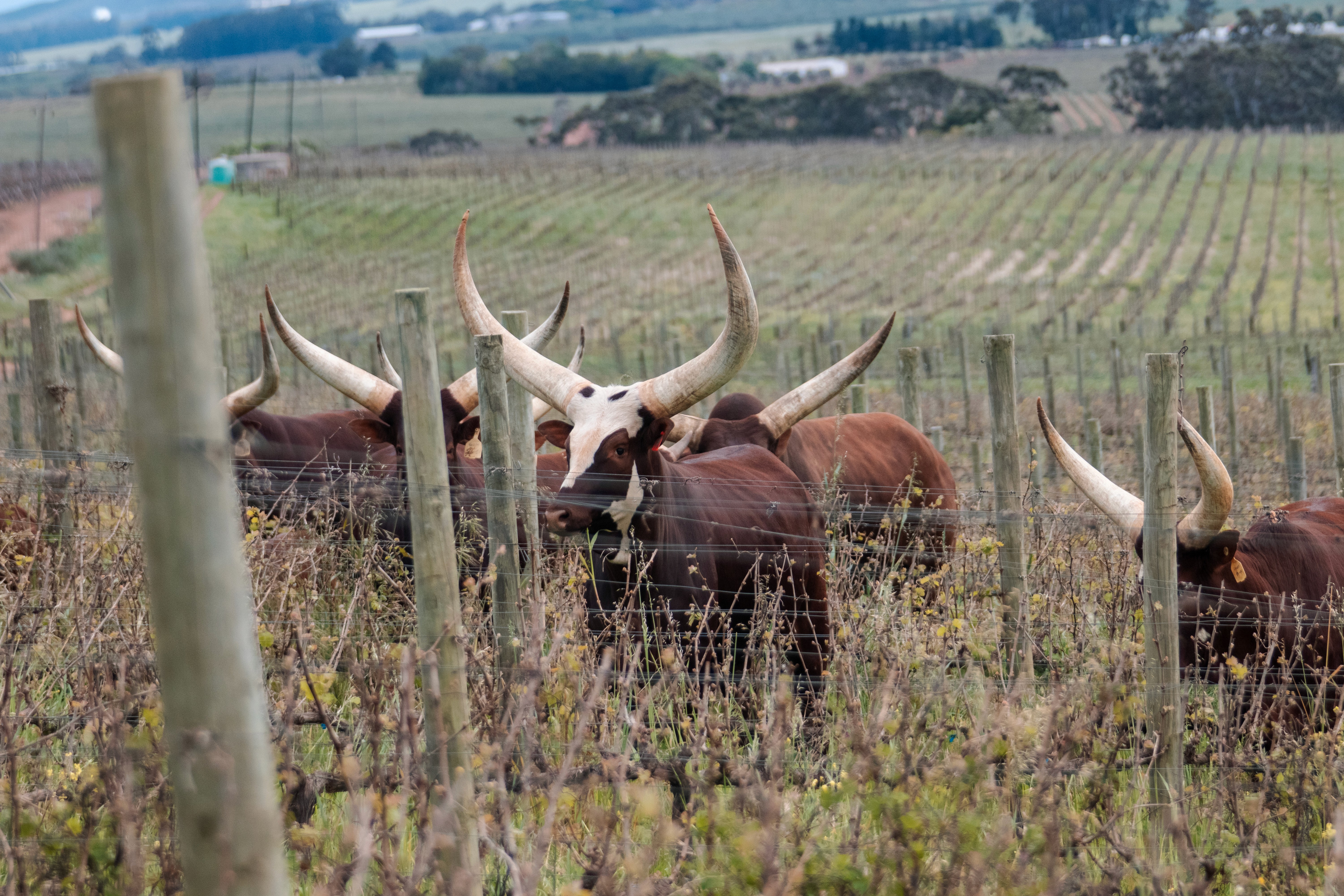About
When you enter through the gate and follow the road to the winery, you cannot help but notice the meticulously well-kept estate with sweeping views of the gently sloping vineyards, the flowering fijnbos corridors, the lakes and with wetlands in the lower areas and the mountains in the distance. You entered an over 300-year-old wine estate established in 1692… But the story here is how the Mackenzie family as the current stewards of this beautiful estate are ensuring that the estate will thrive for the next 300 years. “Leave Hartenberg in better condition than we started” is their mission. Leading in breakthrough sustainability practices, they are paying it forward by investing in healthy soils and creating a resilient, biodiverse environment. Watch our featured video and witness how this thriving estate gives back, enabling the family to create a broad range of well-crafted wines expressing the richness and diversity of the estate from affordable, well-crafted expressive, flavorful wines to intense, focused, structured wines with depth and longevity.
Order Their Wines
People
Between 1692 when the estate was established and 1987, when the Mackenzie family acquired it, there were many colorful owners. These included the prominent Finlayson winemaking family, who owned it just before the Mackenzies. The Finlaysons had put the estate on the wine map by producing high-quality, sought-after wines. Hartenberg honors this history by naming their premium Chardonnay after Eleanor, the matriarch of the Finlayson family. Eleanor was strong and resolute in character, yet sophisticated and poised, much like the Chardonnay. Just like the personality of Hartenberg today in their wine craftsmanship and commitment to the estate's well-being. With a focus on sustainability and ecological harmony, they cultivate and celebrate the sustainable harmony between grape, vine, and the earth beneath, as well, the people who live and work there.
Stellenbosch
//
South Africa
Place
The breathtakingly beautiful Hartenberg wine estate is nestled in an amphitheater of west, north and east facing hills of the Bottelary Hills in Stellenbosch. A vein of wetlands covers the ‘floor of the theater’ from which life is sprung at the estate. The estate enjoys a Mediterranean climate of warm, dry summers and cold, wet winters. Up to 12 different soil types and textures, a 100-meter (328 feet) increase in elevation from the floor to the rim and the cooling impact of the wetlands allows the estate to develop high quality wines from a multitude of contrasting terroirs. The perfect setting for the battle of the Syrah vs Shiraz: a ‘Northern Rhone style’ savory, complex Syrah from the east facing slope versus the flavorful, opulent Shiraz from the west facing slope of the estate; or the ‘grit and grace of the iron fist in a velvet glove’ vs the ‘charm and swagger of the show pony’.
Culture
The Mackenzie family embraces Hartenberg with a vision to farm and reinvest in the land by committing to regenerative viticulture practices. Their mission is to "leave Hartenberg better than they found it," a commitment evident in all their actions. Since 1994, their vineyard projects have focused on protecting natural resources through a regenerative approach. This involves nurturing soil health, using cover crops, and integrating cattle for controlled grazing. Hartenberg also enhances their wetlands for a thriving ecosystem, employs biological pest control to avoid pesticides, and conserves water through recycling, soil moisture-based irrigation, and subsoil irrigation. Regenerative viticulture and the focus on soil health is the foundation to building resilient vineyards producing quality wines in a changing climate.








